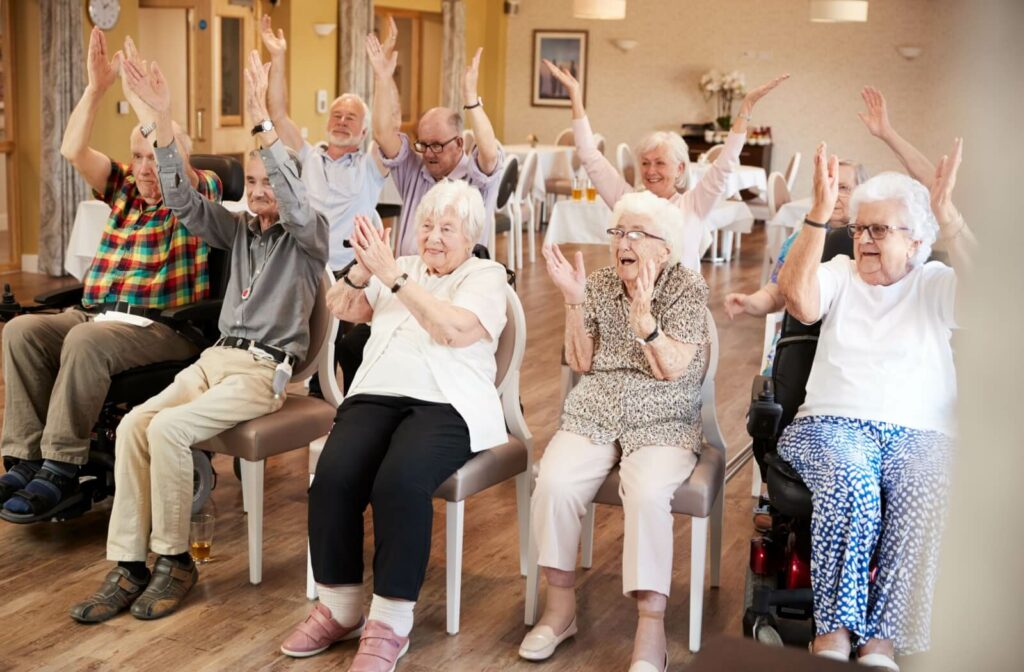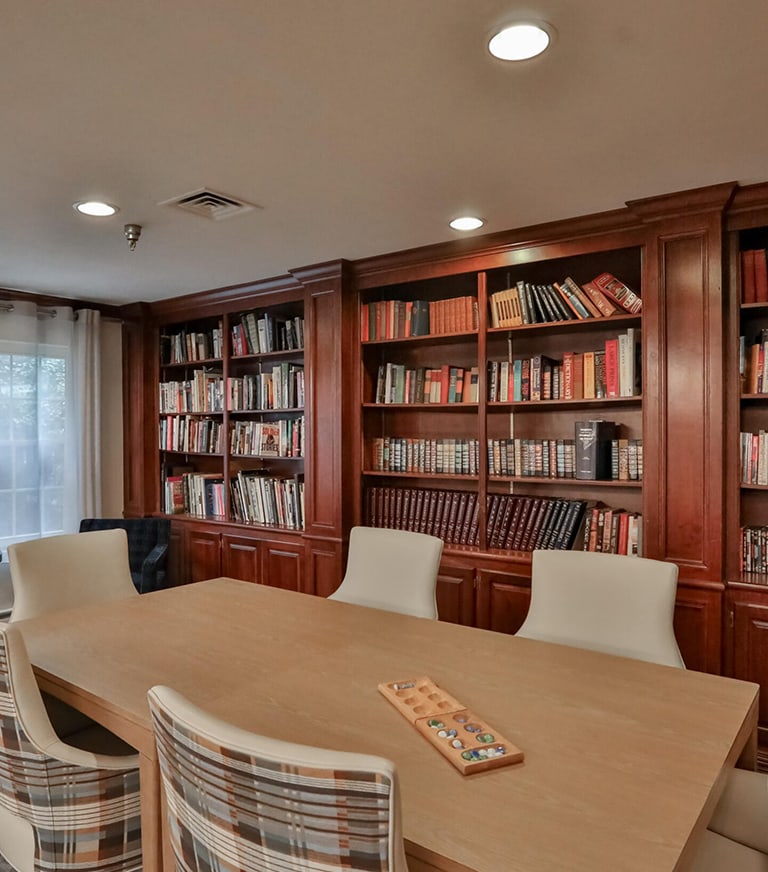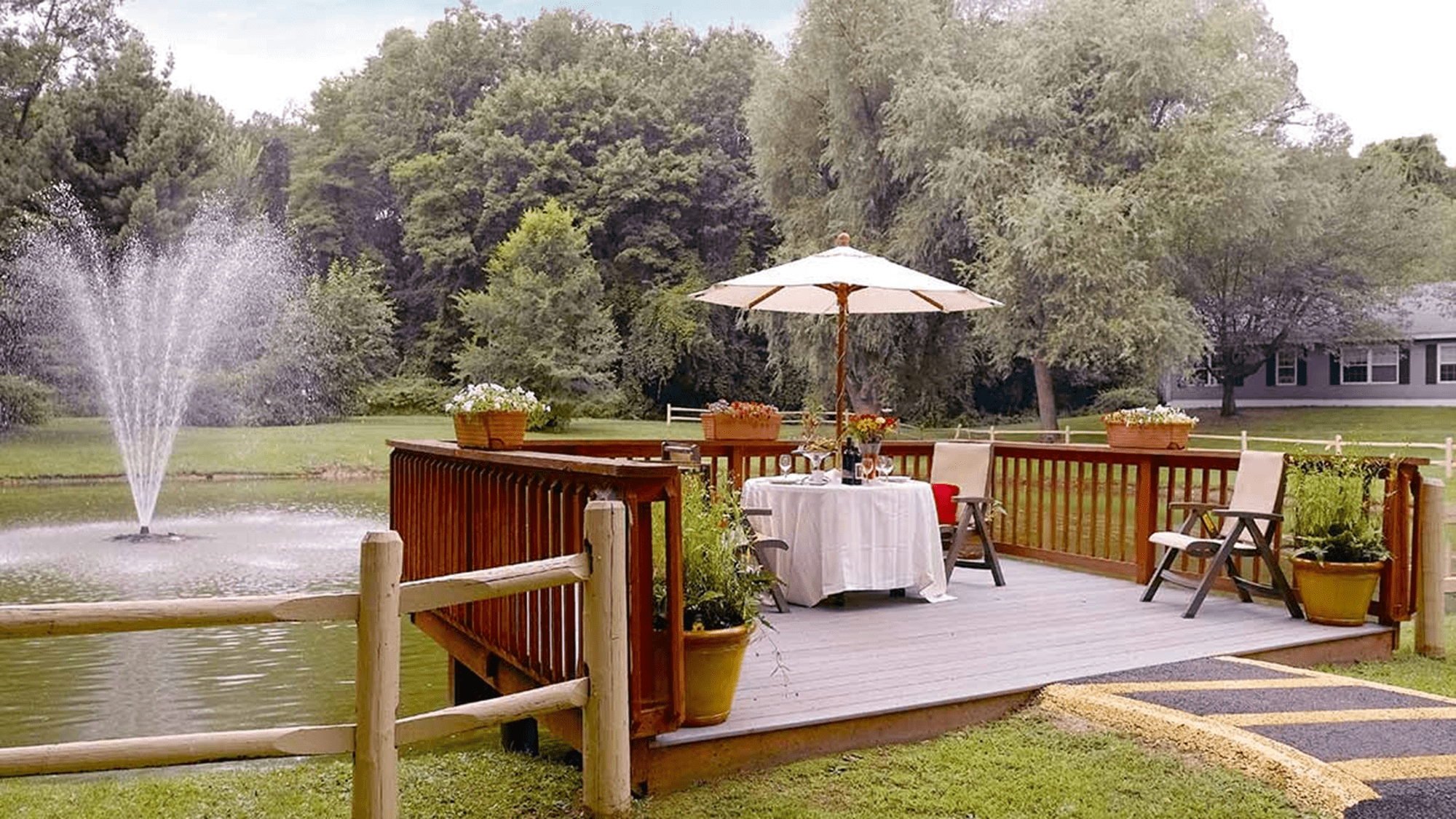
Getting older brings a mix of feelings—happiness from good memories but also worries about aging. Independent living for older adults means they can live on their own but still get some help. It offers them comfort, freedom, and chances for new adventures.
Independent living communities offer events and activities, such as outings or exercise classes, that allow your loved one to pursue their interests while letting someone else deal with the chores.
The Benefits of Independent Living
The beauty of independent living lies in its ability to cater to both your loved one’s desire for autonomy and the need for a bit of assistance here and there. Firstly, it creates a stress-free environment where maintenance headaches can be a thing of the past. Think about all the little things you must do daily to keep your life in order. Exhausting, right? These tasks like lawn care, repairs, or housekeeping are necessary but can be extra draining for our older loved ones.
But it’s not just about less responsibility—it’s about more opportunities for joy, connection, and growth. Independent living communities often offer a vibrant social scene with activities, clubs, and events that encourage making new friends and trying new hobbies. Staying social can help your loved one’s mental well-being, improving their quality of life.
Health and wellness programs tailored to older adults help maintain physical fitness and mental sharpness, promoting a balanced and fulfilling lifestyle. Plus, with available support services, residents have peace of mind knowing help is there if needed, allowing them to focus on what truly matters—living a life rich with experiences and laughter.
In a nutshell, independent living offers a blend of independence, support, and community, making their later years enriching and enjoyable.
What’s Included with Independent Living?
What’s included with an independent lifestyle often depends on the community, so it’s worth examining the offerings. Some services you can expect include:
- Help with daily tasks and personal care, including medication management
- Scheduled transportation for events and shopping
- Fully equipped kitchens and restaurant-style meal service
- Housekeeping and laundry services
- Specialized social programs and recreational activities
- Paid utilities
Independent living communities are also designed for older adults. They focus on easy access and specialty-trained staff for 24-hour care.
How to Choose an Independent Living Community
Independent living isn’t a one-size-fits-all category. The landscape of this lifestyle is dotted with various options, from apartments that offer a hands-off approach for those who value greater privacy to communities that support transitions as health needs evolve. As always, discuss your loved one’s needs and wants with them.
Selecting the right independent living facility is pivotal, and there are numerous considerations at play:
Type of Housing
Choosing a community isn’t just about the size of the home, though many may prefer a cozy apartment or a spacious condo. The choice can also come down to the floor plan. For some, activity centers are a must, while the foodies among us may desire an exquisite kitchen. These little differences may not be dealbreakers, but they go a long way in making a house feel like a home!
Here are some questions to consider regarding housing:
- What’s the housekeeping schedule like?
- What’s cleaned?
- Are pets allowed?
Dining Options
A good meal plan should be nutritious and delicious in equal measure. It should also have flexibility. Some people want to avoid cooking at all costs and don’t mind the extra cost that may come with having someone else prepare their meals. Others see cooking as a mental health exercise, while many fall between these extremes.
Here are some questions to consider regarding dining:
- Do they cater to specific dietary needs?
- Is the food high-quality and nutritious?
- Is there a wide variety of meal options?
- Do the rooms have desirable kitchens?
Community Activities
Despite the name, independent living does not mean living alone. Your loved one is still part of a community, and the shape of that community matters. Some people prefer smaller, quieter communities, while others thrive in larger groups.
This also includes the type of activities a community offers. With all the errands and chores taken care of, independent living allows your loved one to get active and engage with new friends.
Here are some questions to consider regarding community and events:
- Are people friendly and happy?
- Are there communal spaces to spend time in?
- Is there an activity calendar?
- Are there events that interest my loved one?
- Are there spiritual and religious services?
Health & Safety
Everyone has different requirements regarding their health and safety. An independent living community can vary its level of support depending on your loved one’s situation. Assessing your loved one’s needs can also reveal that they need a higher level of care, such as assisted living.
Here are some questions to consider regarding health and safety:
- Are there regular check-ins?
- What is on-site security like?
- Is the staff medically trained?
- Are there on-call medical professionals?
- Is there mental health support as well?

Discover the Peregrine Way for Independent Living
Transitioning to independent living can be a time of renewal. It is a time for your loved one to enjoy themselves and release stress while knowing they’re supported in body and soul. At Peregrine Senior Living at Crossgate, we help our residents thrive by creating an environment that caters to their unique preferences.
Your loved one can enjoy life to the fullest with our exciting independent lifestyle, with services such as:
- Restaurant-style dining room and café
- Variety of apartment floor plans
- Outdoor dining and grilling space
- Patio, courtyard, and walking paths
- Full-service salon and spa
- Movie theater
Contact us today to schedule a tour and experience all that independent living can offer!












🐣 🎟️ Our community is diligently preparing for a service project sale, crafting Easter Baskets and other items. This month, we are fundraising for Ronald McDonald House. The sale will take place on March 25th from 11:30 AM to 1:30 PM. We hope you can join us. For those interested in winning the “Hoppy Easter” Basket, please visit our Front Desk Receptionist to purchase and collect raffle tickets. ... See MoreSee Less
1 CommentsComment on Facebook
Still open for donations! Taking any donations up until 3/13/26 😊👜 Hello, Everyone!
Our Community is hosting a “ Lucky 🍀 Community Thrift Store “ if you, or anyone you may now has items to donate please feel free to contact our Activity Director, Destiny!
•Blankets
•Home Decor 🖼️
•Womans Clothing 👚
•Mens Clothing 👕
•Unisex Clothing 👕👚
•Handmade Crafts/items ✨
•Books 📕
•Mugs/Cups ☕️
Email at • [email protected]
Thank you in advance 🙂 ... See MoreSee Less
0 CommentsComment on Facebook
Last Months Community Service Project was to raise money for the America Heart Association ❤️ together our Community was able to raise $280, and since it’s National Heart Month in February our Donation doubled to $507!
Congratulations to our Raffle Winner, Nancy!
Thank you to everyone who showed support! 🙂 ... See MoreSee Less
0 CommentsComment on Facebook
Learn and experience insider tips, considerations and real guidance that only experts can provide in person!
Hope to see you there! 🙂 ... See MoreSee Less
0 CommentsComment on Facebook
Meet the ExpertsMar 12, 7:30amPeregrine Senior Living at CrossgateLearn and experience insider tips, considerations and real guidance that only experts can provide in person!
Hope to see you there! 🙂 ... See MoreSee Less
0 CommentsComment on Facebook
Dining at our community is about more than what’s on the plate—it’s about connection, community, and the joy of gathering together.
Our talented culinary team crafts meals that are both delicious and nutritious, offering flavors that comfort and inspire.
From themed dinners to chef demonstrations, each meal becomes an opportunity to savor the moment and celebrate life’s simple pleasures. 🍴
peregrinecrossgate.com/ ... See MoreSee Less
1 CommentsComment on Facebook
🌶️ National Chili Day!
Today our Staff did a contest to see who has the best tasting chili. Oh how Yummy! 😋
Congratulations to our Maitenance Assistant, Owen! 🏆
Thank you to all who came and took a vote! ... See MoreSee Less
5 CommentsComment on Facebook